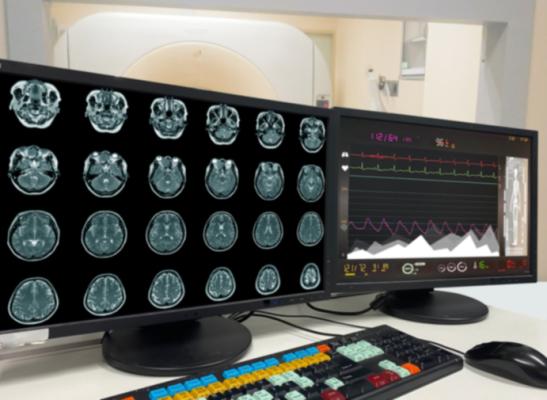
Getty Images
September 15, 2023 — Suffering a traumatic brain injury (TBI) – no matter how severe – is associated with a significantly increased risk of ischemic stroke in a diverse group of U.S. adults, according to new research being presented at the 148th Annual Meeting of the American Neurological Association (ANA). Suffering more than one head injury further increased the risk.
"Our study found that those who experience two or more head injuries, including even mild head injuries, are at higher risk of subsequent ischemic stroke,” said Holly Elser, MD, PhD, lead author of the study and a neurology resident at the Hospital of the University of Pennsylvania, Philadelphia. “The findings underscore the importance of public health interventions to reduce the risk of head injury as well as measures aimed at stroke prevention among individuals with a prior head injury.”
TBIs can be mild, moderate or severe. The research team analyzed data from the Atherosclerosis Risk in Communities (ARIC) Study of 12,813 adults from diverse U.S. communities who had not had a head injury or stroke when the study began in 1987. After 30 years, 2,158 people had suffered a head injury (73% of which were mild), and of those with a head injury, 147 ultimately had an ischemic stroke.
Those who had a head injury had a 32% increased risk of ischemic stroke, the most common type of stroke. They found the risk of stroke after a head injury was similar among men and women as well as different racial groups. Those who had two or more head injuries had a 94% increased risk of ischemic stroke compared to those with no head injury.
Ischemic stroke is caused by a blockage in the vessels that supply blood to the brain. Prior research has suggested that TBIs might increase the risk of stroke by damaging tiny blood vessels in the brain, the cells lining those blood vessels, and the inner layer of arteries – all of which block or slow blood flow in the brain.
“Our results emphasize the importance of measures that prevent head injury, like always wearing seatbelts in the car and wearing a helmet while biking,” Dr. Elser said. “Our results also suggest that measures to prevent stroke may be especially important in people who have suffered a head injury, which could include interventions like lowering blood pressure and cholesterol, increasing physical activity and smoking cessation.”
For more information: www.myana.org


 February 02, 2026
February 02, 2026 









